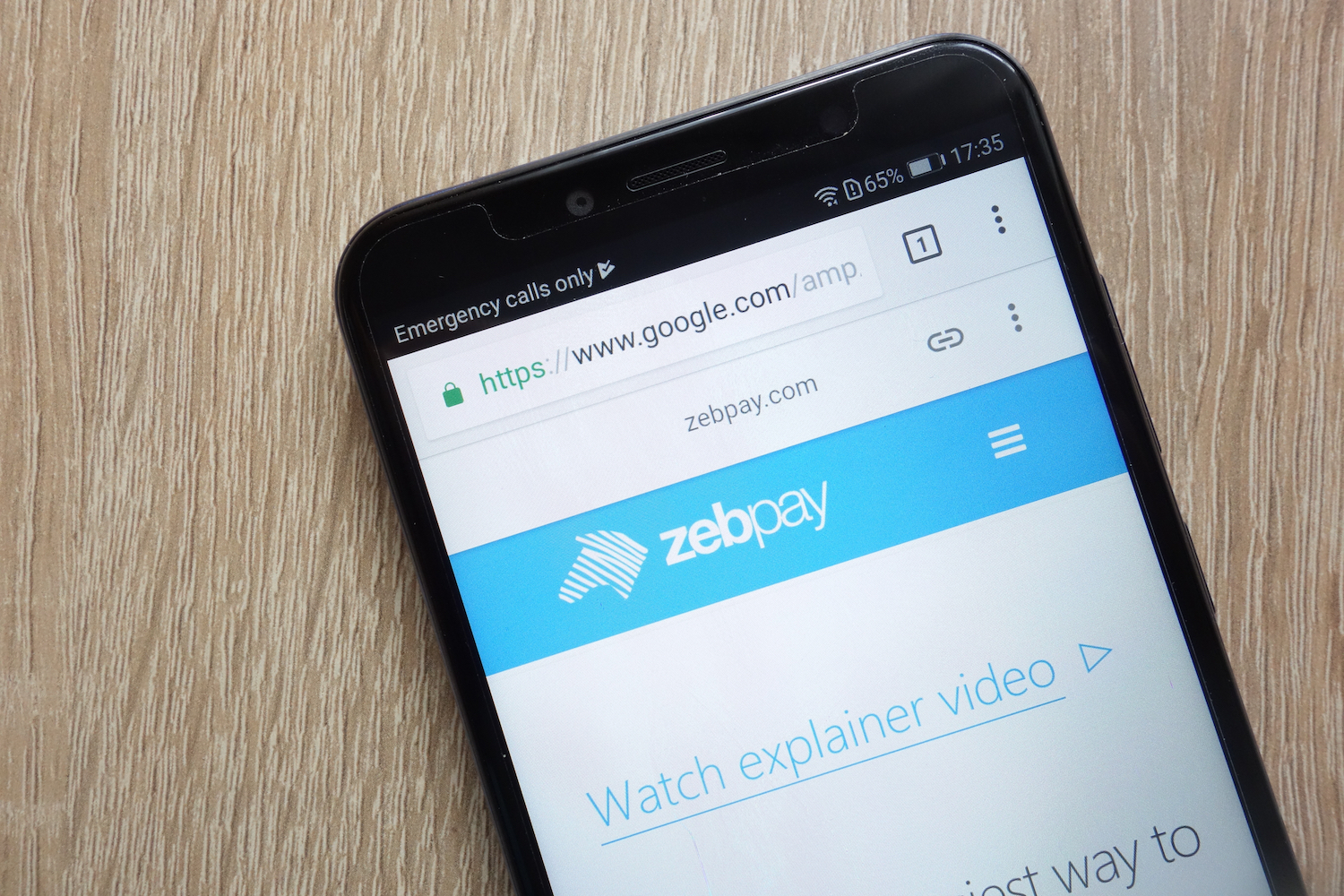Axiom’s Zero-Knowledge Proofs Might One Day Help Detect Deepfakes
The crypto startup Axiom – a protocol allowing developers to write smart contracts on Ethereum that can retrieve data from the blockchain network and then perform intensive computations on it – has launched its mainnet in alpha mode.
The startup is looking at eventually using the technology to quickly and accurately detect deepfakes on the internet, said founder Yi Sun.
Axiom uses zero-knowledge proofs, a type of cryptographic proof that can prove the validity of a statement with only selectively revealing any information about the statement itself, and one of this year’s hottest trends in blockchain technology. The project uses what it calls a “coprocessor,” a piece of software running in parallel but asynchronously to the Ethereum blockchain.
Once data is read and ingested, the coprocessor can perform “diverse operations” – addition, counting and other mathematical functions, as well as cryptography, according to the company’s website. It’s also capable of machine learning.
After Ethereum switched to its 2.0 version in an event known as The Merge, smart contracts could no longer access historical on-chain data. Oracles, commonly deployed to bring off-chain data on the blockchain, like Chainlink and Uniswap, are also attempting to solve this problem.
But their offerings are expensive and slow due to computational limitations of the current technology. According to Sun, Axiom’s co-founder, traditional oracles make trust assumptions to bring off-chain entities on-chain, which puts a dent in the accuracy of the transmission.
The coprocessor does away with these limitations by processing data off-chain and then transporting them on the main chain accurately with ZK proofs. The possibility of a ZK proof producing an erroneous result is 1/(2^256) – small enough to essentially be non-existent, said Sun.
With the mainnet alpha release, developers can query block headers, accounts and contract storage on Ethereum mainnet via the Axiom explorer application. They can also use the explorer to build their own applications. The data processing currently occurs on the Ethereum Virtual Machine, and the startup is “working with early partners to perform trustless compute over this data in ZK,” says Axiom’s website.
Axiom will enable the development of truly “data rich” applications on Ethereum, says the site. For example, “by allowing airdrops to depend on arbitrary historic on-chain data, Axiom allows protocols to customize criteria to reward actions beneficial to the protocol, not airdrop farmers,” the website says.
In Axiom’s vision, ZK proofs go hand in hand with the booming AI sector.
“I think what is really interesting is that generative artificial intelligence and deepfakes are bringing demand for crypto,” said Sun. Authenticating the veracity of information and media is becoming a bigger problem in an internet flooded by AI-generated content.
In Axiom’s vision, ZK proofs will be used for such authentication processes. Machine learning algorithms, some of which train themselves to generate images or text based on prompts, will be able to run off-chain, but when ZK proofs bring their results on-chain, users and smart contracts will be able to check where and how a piece of online content was generated.
The startup was launched in 2022 by Sun, who teaches at the University of Chicago, and MIT researcher Jonathan Wang. Axiom refused to disclose its funding.









